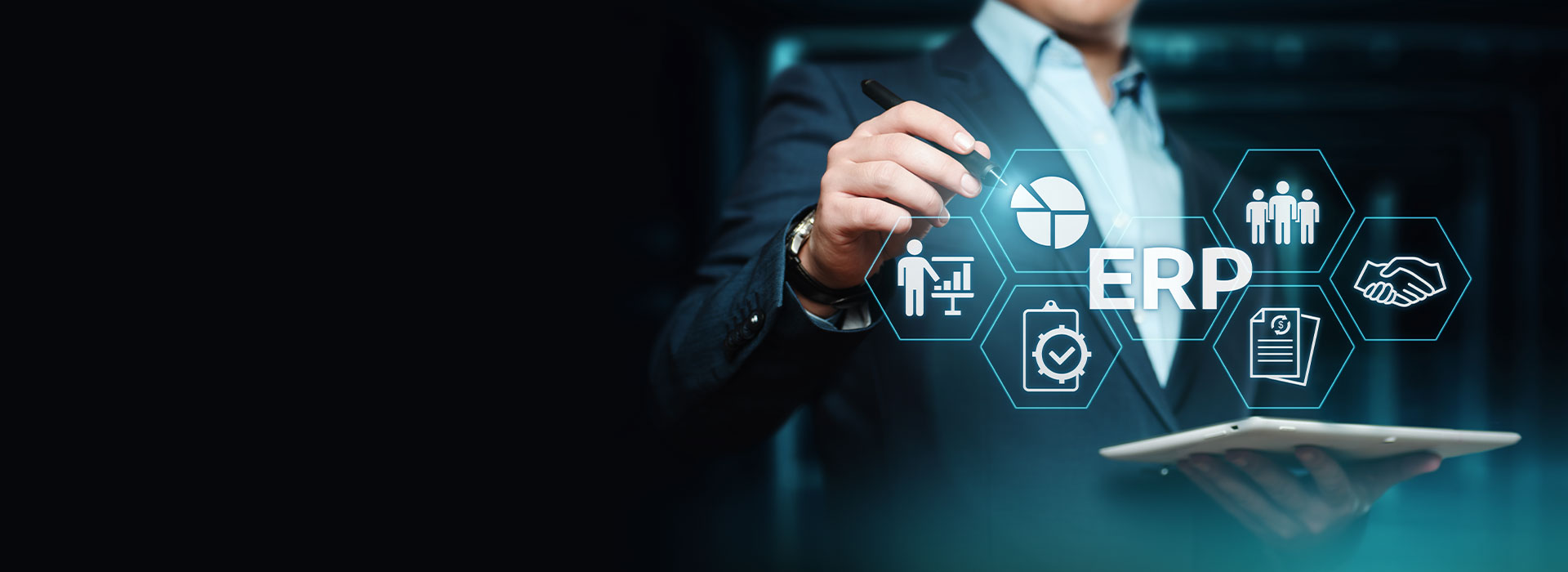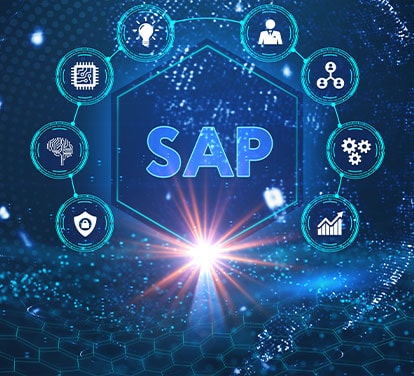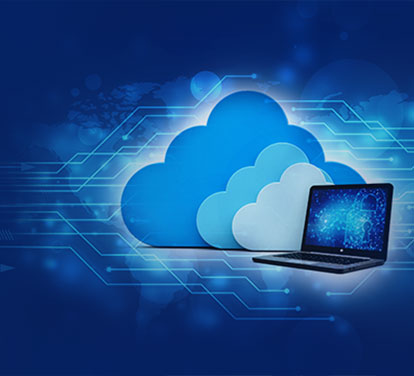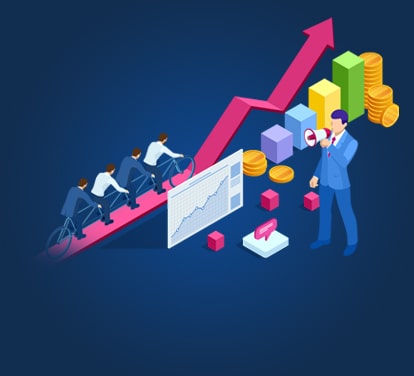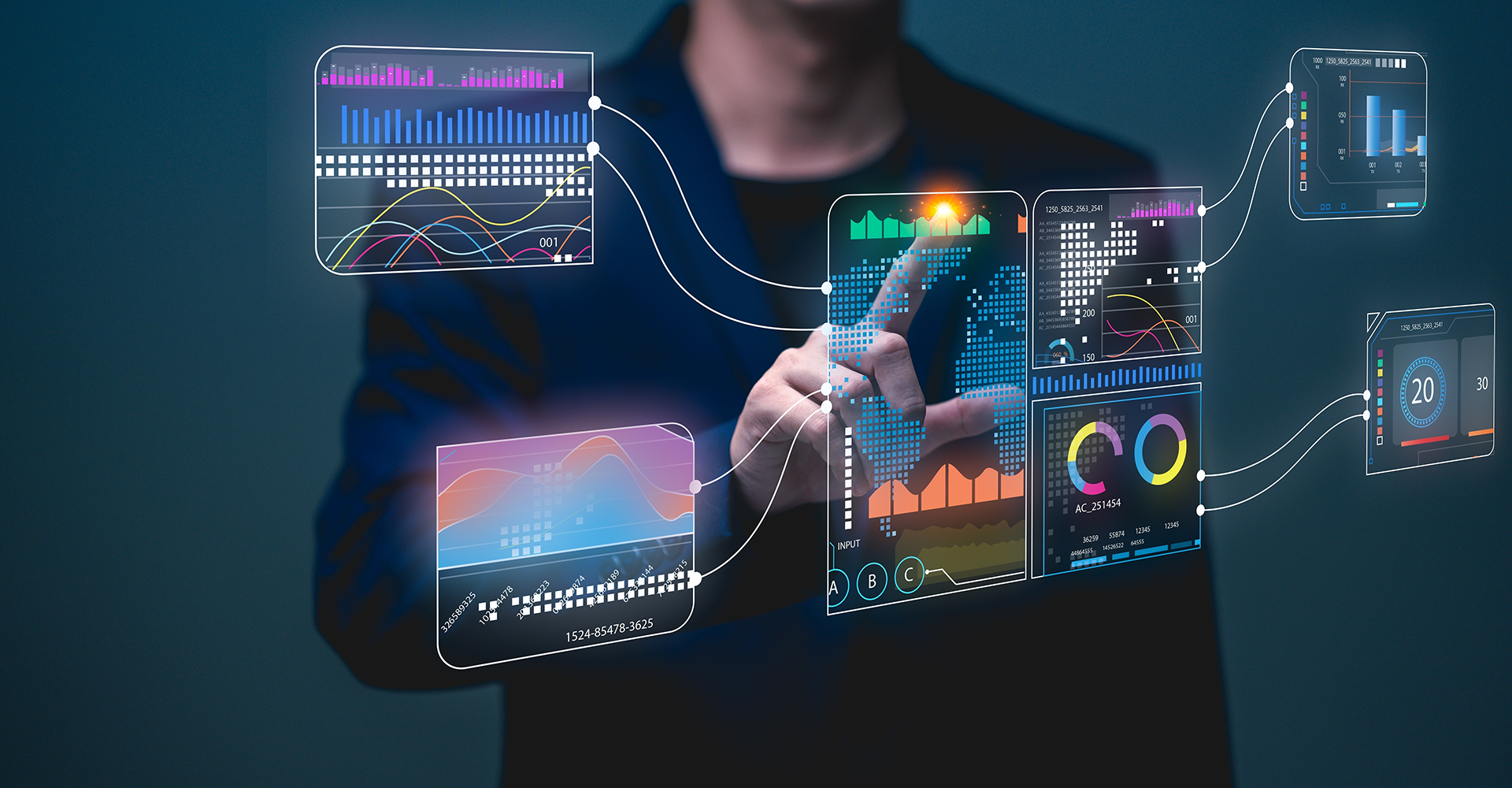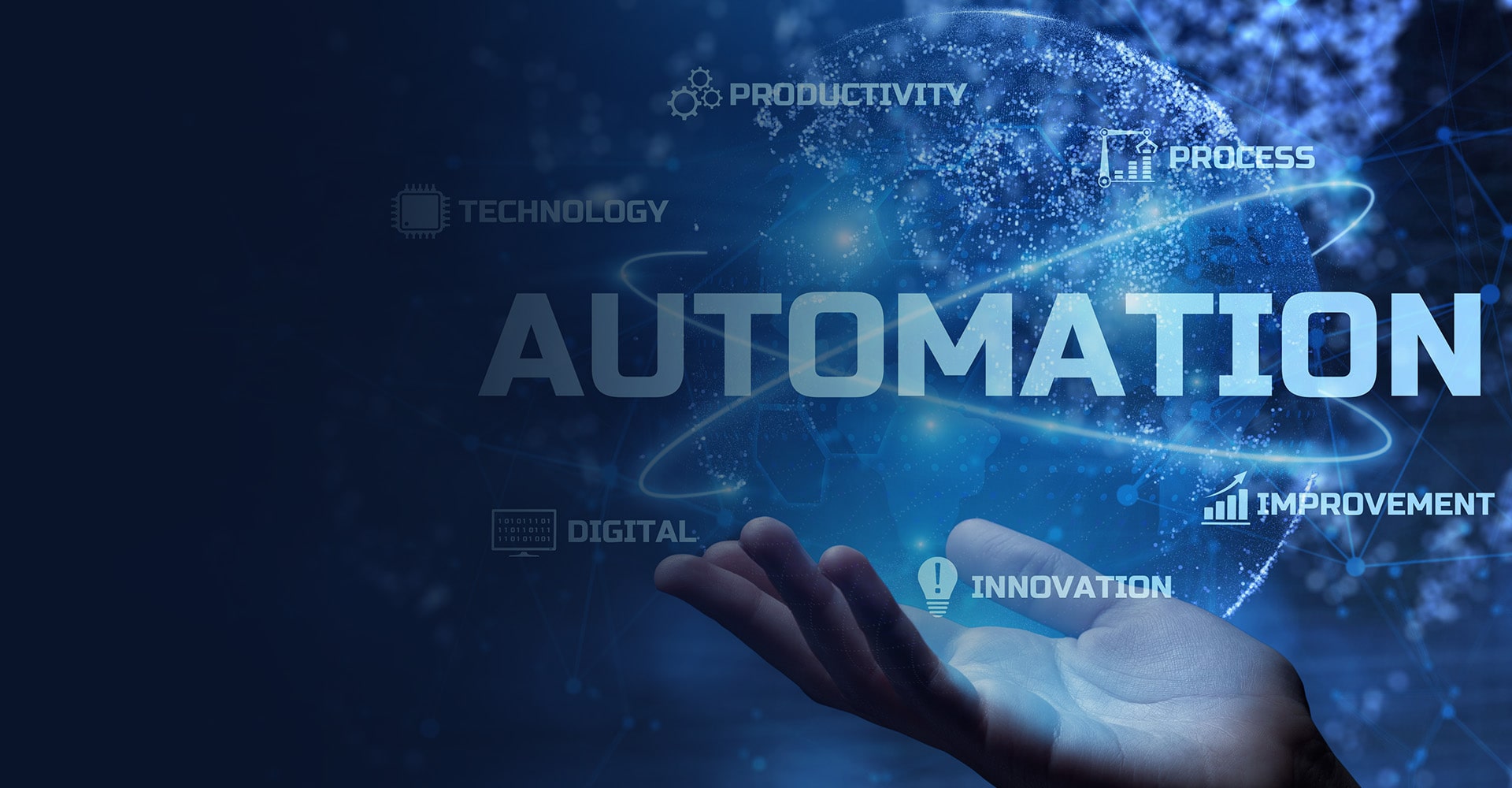NetSuite Enterprise resource planning (ERP) solutions have matured and expanded their reach to support most business functions, from back-end processes like accounting, procurement, and manufacturing to front-office functions such as Salesforce automation (SFA), marketing automation, and eCommerce. Businesses rely on ERP to cut costs by eliminating redundant processes, automating mundane tasks, and providing employees access to critical information to make better decisions faster.
The 2022 year returned larger and louder than ever before here are a few key NetSuite takeaways of 2022 and product updates along with the future of ERP Systems.
Key Takeaways
- Businesses continue moving to cloud ERP. The global cloud ERP market is expected to grow 13.6% annually and reach $40.5 billion by 2025, per Statista.
- Artificial intelligence (AI), and specifically, machine learning (ML) help optimize more business processes, provide new insights, and create personalized customer interactions.
- ERP is further integrating with other technologies such as internet of things (IoT) devices and social media, to automate even more and provide greater visibility and a better customer experience.
- remote work has become critical as organizations increasingly rely on distributed workforces in the wake of the Coronavirus.
Product Updates
Leveraging the Oracle Analytics Cloud and Oracle Autonomous Data Warehouse, which automatically tunes, scales, provisions, and patches itself, NSAW brings together multiple sources of data, including NetSuite data, CSV files, and other business system data, to discover patterns and insights that unlock new opportunities to drive growth.
NSAW is the only out-of-the-box pre-built analytics platform and data warehouse built to work with NetSuite.
Key features:
- Seamless ability to find data and allow data-centric collaboration.
- Pre-built connectors to multiple sources (i.e., Salesforce, Google Analytics, etc.) accommodating various data sources.
- Data mash-up between multiple systems - consolidate and integrate NetSuite, custom, legacy, flat files, and third-party data.
- Self-service data access and reporting and one source of truth.
- Point-in-time analysis, complex reporting, and analytics. Enhanced consolidated reporting.
- Gain deeper insights into Business Operations and improve Business Performance.
- Data Visualization to see future trends in ERP, patterns, and outliers.
- Historical Data Analysis.
- Robust data administration and database management.
- Seamless data transfer.
- Faster and role-based data access.
- Data Pipeline for NetSuite.
- Reduce/eliminate manual efforts.
- NetSuite AP Automation
NetSuite announced NetSuite AP Automation, a solution to help customers streamline processing and payments within NetSuite.
NetSuite AP Automation will simplify the processing of bills and vendor payments, specifically, the beginning of the process uses optical recognition to pull information from your regular invoice. It works by converting regular invoices a business receives into something more recognizable, a standard digital format, pushing them into a workflow that results in suppliers being paid, which will save an immeasurable amount of time for NetSuite users worldwide.
A partnership with HSBC gives the ERP system access to automated payment services provided by the bank, making all this possible from within the NetSuite system. It has never been so simple!
Key features:
- Data entry transformed with automated data capture
- Faster and more accurate invoice matching with automatic matching
- Automatic general ledger correction removes inconsistencies
- Eliminated the manual process of sending documents with electronic approval routing
- NetSuite Ship Central
NetSuite Ship Central is a mobile app built to continue the improvement of warehouse efficiencies by optimizing operations, speeding up deliveries, and removing manual processes.
With the ever-increasing pressures on warehouses to increase their output, often with no additional resources, the need for further automation of manual and time-consuming processes is more crucial than ever.
The end-to-end shipping experience guides workers through the entire packing and shipping process from a mobile device, allowing customers to streamline their operations and eliminate manual processes. The app’s intelligent pack and ship capabilities speed up the task and automatically updates inventory levels and financial data. As a result, the solution not only minimizes costs but, more importantly, creates a better experience for warehouse workers.
Key features:
- Easily locate shipments
- Combine Multiple Shipments
- Work Across Multiple Shipping Carriers
- Print and Reprint Labels at Any Point
- Track Packages in Real-Time
- Customize Ship Processes
- Configure, Price, and Quote (CPQ)
Some of the most significant issues reported by NetSuite users were configuring, pricing, and quoting in their business. In response to this, NetSuite unveiled the NetSuite CPQ solution
NetSuite CPQ enables those in sales to swiftly configure, price, and quote complex products and services with complete accuracy and reliability—directly in NetSuite.
The guided experience allows users to create dynamic, 3D product visualizations and automate the generation of sales proposals, which helps to further enhance and accelerate the sales process, providing customers with a better outcome and higher satisfaction rate.
CPQ allows salespeople to quote and sell like experts and maximize sales with an easy, error-proof process.
Key features:
- Select features and options with the Configurator
- Dynamic Pricing with rules-based pricing
- Single-click quotes with The Lives Quotes feature
- Quick and easy-to-prepare proposals
- Bill of Materials and Routing to reduce manufacturing costs
- Guided Selling to assist salespeople and customers
- 3D Visualisation that empowers salespeople and online buyer
The Future of ERP
In the near term, organizations will continue to focus on ensuring their ERP software is optimized for remote work. That includes providing more mobile ERP functionality, ensuring secure remote access, supporting remote training, and increasing automation of workflows.
Another trend to watch is the further expansion of ERP supply chain management capabilities to help protect organizations against supply chain disruptions or other rapid changes in global economic conditions.

